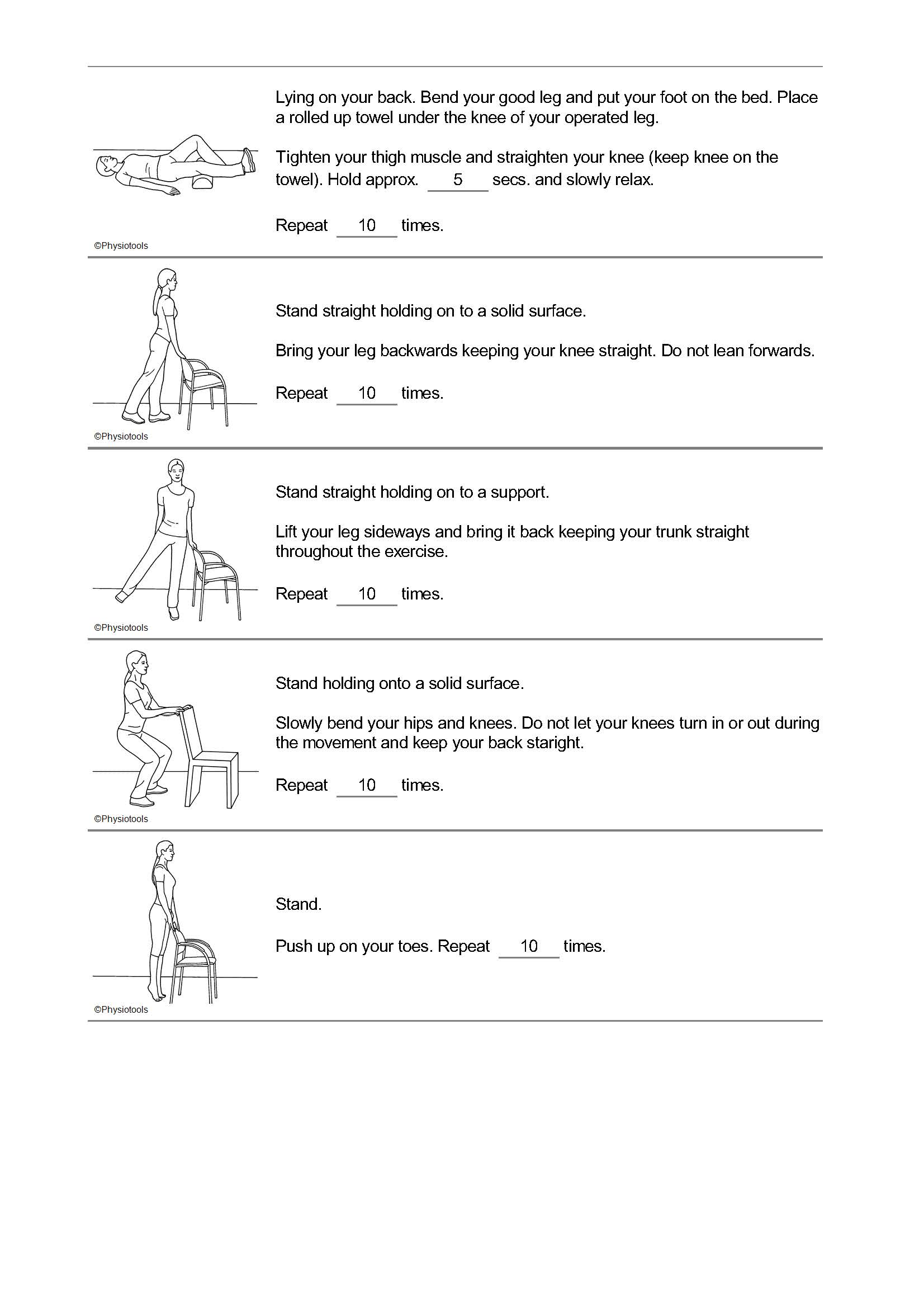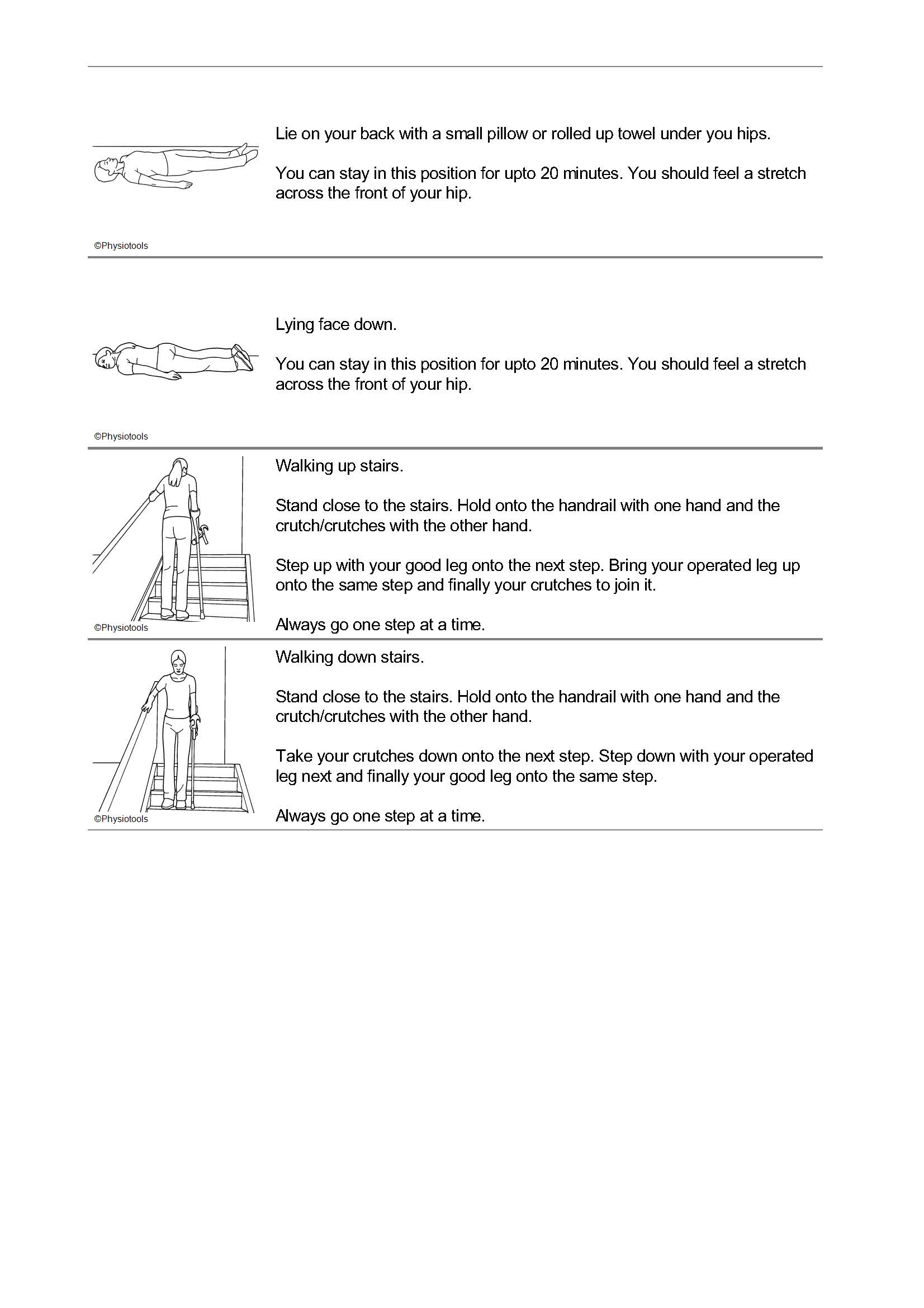
Femoral Osteotomy
What is the hip joint?
The hip joint is ball-and-socket joint. The socket is formed by the acetabulum, which is part of the large pelvis bone and the ball is the femoral head, which is the upper end of the femur (thigh bone). The hip joint is surrounded by a group of muscles called the gluteals. They provide support to the hip joint alongside a network of ligaments. They also produce movement at the hip joint.
Why am I having this surgery?
A femoral osteotomy aims to restore a more normal alignment of your hip joint and/or leg. There are several ways in which this can be achieved depending on what is causing the deformity. There are two common conditions that require a femoral osteotomy, firstly when the femur is abnormally twisted. This causes the knee or foot to point inwards or outwards or can cause the head of femur to sit abnormally within the socket. The other common reason for surgery is when the femoral head is angled too high or low and therefore there is not enough coverage for it from the socket. During your surgery the surgeon will make a cut (osteotomy) through the upper part of your thigh bone (femur). They will then correct the bones position and use metalwork to hold the bones in place whilst they heal. The metalwork may then be removed at a later date once the bones are fully healed. This is a much smaller operation.
What should I expect after my surgery?
Mobilisation
You will be seen by a physiotherapist on the ward the day after your surgery. Initially you may require a zimmer frame to help you mobilise however you will be walking with crutches by the time you are discharged home. Dependent on your surgeon and the type of operation you have you may or may not be allowed to put all of your weight on your operated leg. Your physiotherapist will advise you on this. You will also be shown how to correctly get up and down stairs using your crutches if you normally do so.
Range of movement and strengthening exercises
It is important to restore the movement and strength around your hip as soon as possible following your surgery. It is important that your gluteal muscles are working well to support your hip so you will be provided with a Home Exercise Programme. You should be able to complete your exercises independently before you go home. You will also be referred for outpatient physiotherapy at your local hospital to progress your walking and exercises as appropriate.
Pain relief
A nerve block is sometimes used during surgery which means your limb may feel numb immediately after your operation. It is normal to feel some pain as the block wears off and you will be provided with some painkillers to help with this. It is important to take these as prescribed to keep pain to a minimum.
Self care
It is important that you get back to your normal daily routine as soon as you can after your surgery. It is expected that you will need help initially from the staff on the ward to do things such as getting in and out of bed, getting washed and dressed, going to the bathroom etc. By the time you go home most people are able to complete their normal self care activities. You will be seen by the occupational therapist and they may provide you with some aids at home to make this easier for you.
Ice
Ice can be helpful to reduce pain/swelling. Protect your dressings from getting wet with a plastic bag. Wrap a bag of ice/frozen peas in a damp towel and apply for 10-15 minutes. This can be repeated every 3-4 hours.
Wound care
Your wounds will need to be kept clean and dry. The nursing staff will provide you with more information about wound care on discharge.
Driving and work
You should not drive whilst still using elbow crutches or sticks. Please discuss this further with your Consultant or Physiotherapist. When you can return to work will depend on the job you do. Your physiotherapist or consultant will be able to advise you on this.
Leisure and sport
This will depend on the healing of your fixation and instructions from your Consultant. Your Physiotherapist can also advise you on this.
More information
If you have any questions or need any advice about your exercises, then please contact the Physiotherapy Department between 8am - 4pm, Monday to Friday on 0121 812 3500.


